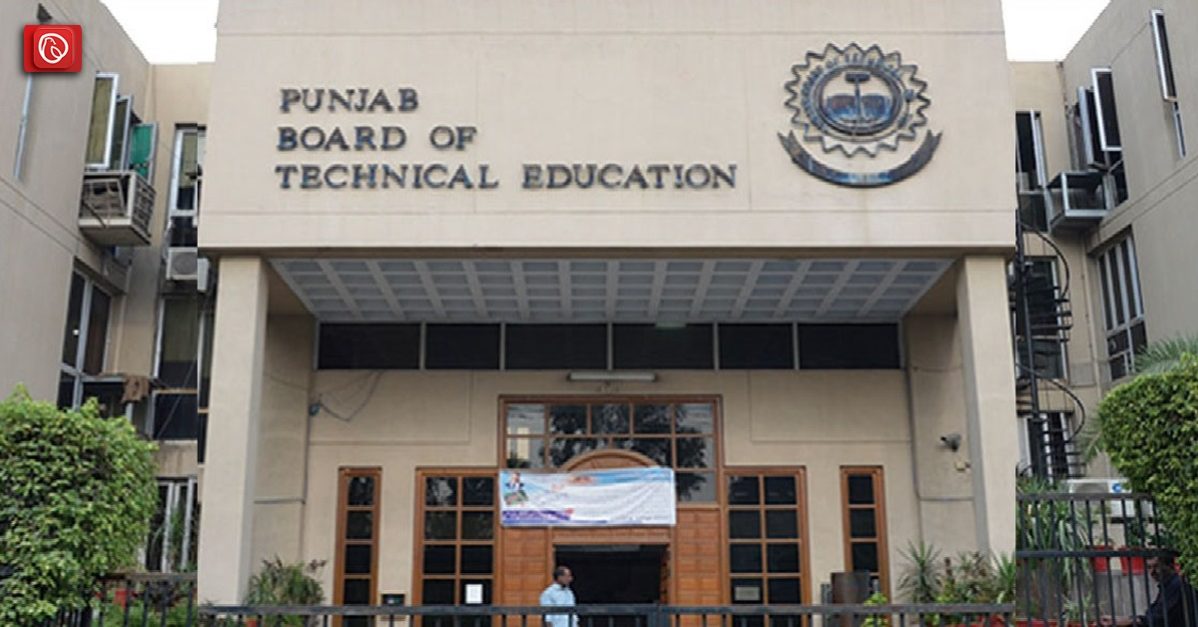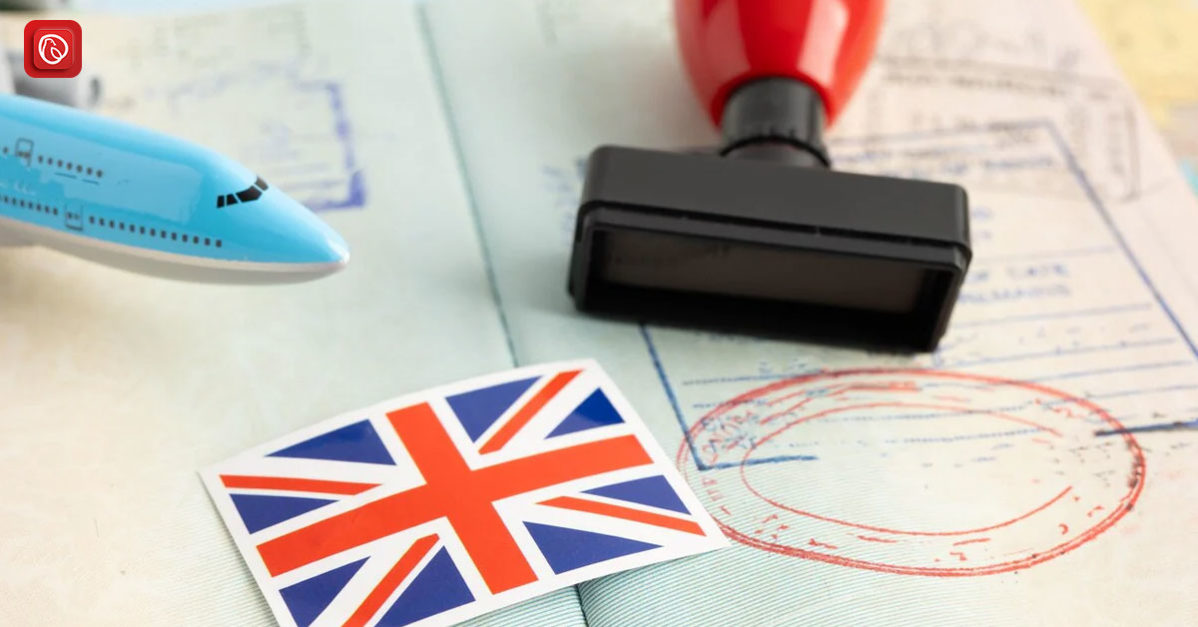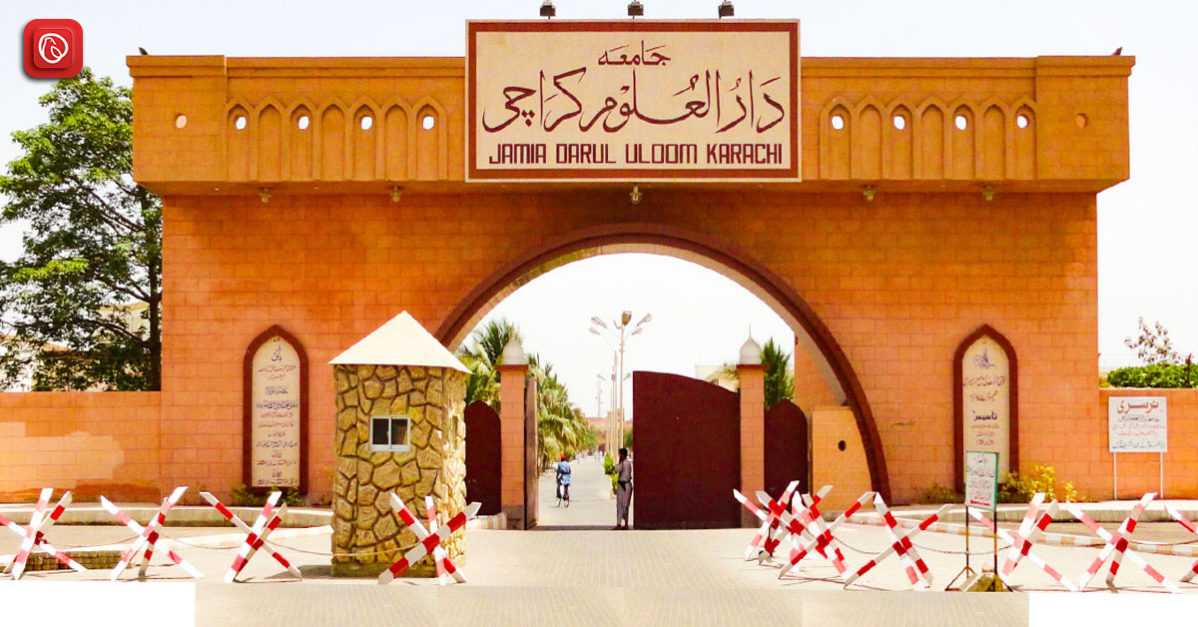The Punjab Board of Technical Education (PBTE) Lahore is a corporate body responsible for conducting examinations of technical, commerce, and vocational streams, as well as short courses below degree level in the province of Punjab, Pakistan.
Established in 1971 under the Punjab Ordinance No. II, it has come a long way since its inception and has contributed significantly to the development of technical education in the region.
In this blog, Graana.com provides a detailed overview of PBTE Lahore, including its history, functions, current initiatives, achievements, and the challenges it faces.
PBTE Lahore at a Glance
| PBTE Lahore Overview | |
|---|---|
| Establishment | 1971 under Punjab Ordinance No. II |
| Functions | Conducts exams in technical, commerce, and vocational streams; regulates and develops technical education |
| Legal Framework | PBTE Act, 1977 |
| Responsibilities | Regulate, develop, and control technical, vocational, industrial, and commercial education in Punjab |
| Current Initiatives | Aligning curricula with National Vocational Qualification Framework (NVQF); collaborating with international organizations |
| Notable Achievements | Establishment of Punjab Tianjin University of Technology; competency-based training approach; transparent examination system |
| Challenges | Need for curriculum updates, staff training, infrastructure development |
| Affiliated Institutes | Government and private polytechnic institutes, vocational training institutes, technical colleges |
| Examination System | Semester-based system for theory and practical assessments; fair, transparent, and objective |
| Verification Services | Diploma and certificate program verification; transcript, mark sheet, and exam certificate verification; academic record verification for international studies |
About PBTE
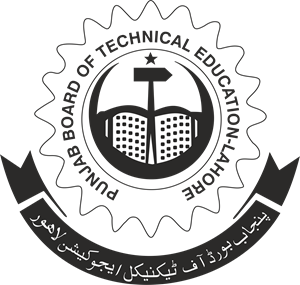
The government of Punjab established the Punjab Board of Technical Education through Punjab Ordinance No. II of 1971 to replace the West Pakistan Board of Technical Education, which had been established in 1963. The latter was responsible for the regulation, development, and control of technical, vocational, industrial, and commercial education in West Pakistan.
After the separation of East and West Pakistan in 1971, the dissolution of the West Pakistan Board of Technical Education took place, and the Punjab Board of Technical Education came into existence.
Established under the PBTE ACT, 1977, PBTE is a corporate entity responsible for administering technical, commerce, and vocational stream examinations, as well as short courses below degree level, within the geographical boundaries of Punjab.
It is working towards updating the curricula to align with the National Vocational Qualification Framework (NVQF) competencies to fulfil the requirements. With its comprehensive curriculum and efficient examination system, it has contributed significantly to the development of the technical workforce in the province.
Responsibilities of PBTE
It is responsible for conducting examinations of technical, commerce & vocational streams, as well as short courses below degree level in the territorial limits of Punjab. The board’s primary function is to ensure that the technical education provided meets the required standards, and is in line with the evolving industrial and technological demands of the country.
To fulfil its responsibilities, it has a comprehensive examination system that evaluates students’ theoretical knowledge and practical skills in various fields, including engineering, commerce, and technology. The board also designs curricula for various courses and programs to provide students with practical training in the relevant industry.
The PBTE Act of 1977 further defines the responsibilities of the board. It provides the legal framework for the board’s functioning and empowers it to regulate, develop and control technical, vocational, industrial, and commercial education in the province of Punjab. The act also mandates the board to establish policies, procedures, and guidelines for technical education and to create new courses and programs in response to the needs of the industry.
Overall, it plays a critical role in promoting technical education in Punjab, which helps meet the demand for skilled workers in various industries. The board’s examination system and curriculum development process ensures that students receive high-quality technical education, preparing them to contribute positively to the country’s economic development.
Current Initiatives
PBTE is committed to ensuring that its curricula meet the requirements of the National Vocational Qualification Framework (NVQF). The board is working to align its programs with NVQF standards to provide students with internationally recognised qualifications and increase their employability in the global market.
To achieve this goal, it is collaborating with international organisations, including the Technical and Vocational Education and Training (TVET) Sector Support Programme, funded by the European Union. The program aims to support the reform of the technical and vocational education and training system in Punjab, and PBTE is a key partner in this initiative.
It has also launched various initiatives and projects to improve the quality of technical education. For example, the board has established the Punjab Tianjin University of Technology (PTUT) in collaboration with the Tianjin University of Technology and Education, China. The university offers undergraduate and postgraduate programs in various engineering and technology fields, and aims to provide students with a high-quality education that meets international standards.
Moreover, it has implemented various measures to enhance the transparency and efficiency of its examination system. The board has introduced an online registration system that allows students to register for exams easily, and it has also established examination centres across the province to ensure that students can take exams at a location that is convenient for them.
These efforts are preparing students to meet the demands of the rapidly evolving industrial and technological landscape, increasing their employability and contributing to the economic development of the country.
Achievements and Challenges
PBTE has achieved several milestones in the technical education field since its establishment. The board has played a crucial role in producing skilled professionals in various technical, commerce, and vocational fields, contributing to the economic development of the province and the country.
One of its significant achievements is the establishment of the Punjab Tianjin University of Technology, which is providing quality education to students in various engineering and technology fields. The board has also introduced a competency-based training approach in its curricula.
It has also implemented various measures to ensure transparency and fairness in its examination system. The board has introduced an online registration system, established examination centres across the province, and implemented a robust evaluation system to ensure the credibility of its results.
Despite its achievements, it faces several challenges in fulfilling its responsibilities effectively. One of these is the need to improve the quality of education and align it with the requirements of the rapidly changing industrial and technological landscape. The board must ensure that its curricula are up-to-date and relevant to the needs of the industry and that students possess the required skills to meet these demands.
Another challenge is the need to enhance the capacity and capability of its staff to meet the changing demands of the education sector. The board must ensure that its staff is adequately trained and equipped with the skills required to deliver high-quality education and training to students.
Finally, it must address the issue of inadequate infrastructure and resources to provide students with access to modern equipment and facilities required for technical education. The board must collaborate with the government and other stakeholders to mobilise resources and invest in infrastructure development to enhance the quality of technical education in Punjab.
Affiliated Institutes
PBTE affiliated with a number of technical and vocational institutes in Punjab that offer a range of certificate, diploma, and degree programs. The board recognizes these institutes for meeting the high standards of technical education it has set.
Some of the affiliated institutes include government and private polytechnic institutes, vocational training institutes, and technical colleges. These offer programs in a wide range of fields, including engineering, computer science, commerce, agriculture, health, and more.
The board also has partnerships with employers from the industry to ensure that the skills and knowledge imparted to students are relevant to the needs of the job market. This helps ensure that graduates of affiliated institutes are well-prepared to enter the workforce and contribute to the economic growth of the provinces.
Examination System
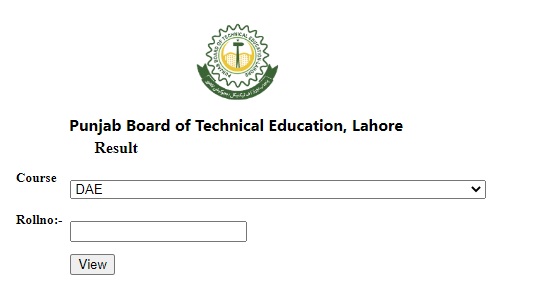
PBTE has developed a comprehensive examination system to ensure the quality and standardisation of technical education and vocational training in Punjab. The examination system is designed to evaluate students’ knowledge, skills, and competencies in their respective fields of study.
The examination system follows a semester system, where students undergo an assessment at the end of each semester. The board conducts examinations for both theory and practical subjects, and students must pass both components to advance to the next semester.
The system is designed to be fair, transparent, and objective. The board uses a variety of assessment methods, including written exams, practical exams, projects, and assignments, to evaluate students’ understanding and application of concepts and skills.
It takes a number of measures to ensure the integrity of the examination system, such as using secure exam papers, assigning exam supervisors, and utilising digital technologies for management. The board also has a strict policy against cheating and plagiarism, and takes action against any student found to be engaging in such practices.
The board publishes the exam results online, allowing students to access them using their roll number. Additionally, the board issues exam certificates to successful students, which employers and educational institutions throughout Pakistan recognize.
Verification Services
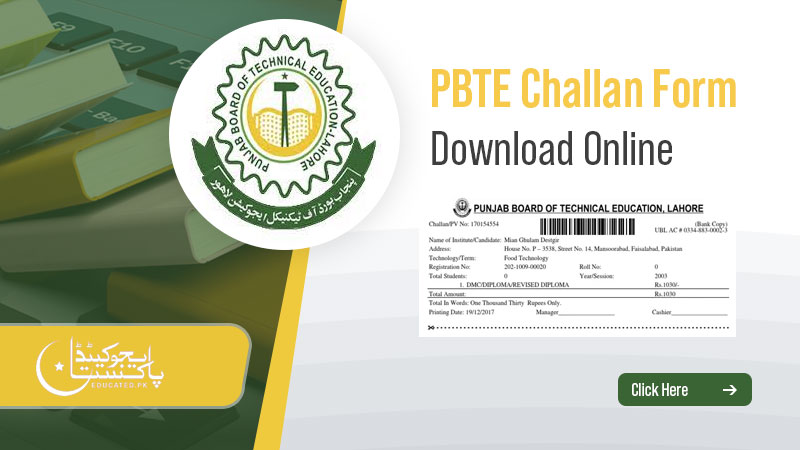
Punjab Board of Technical Education, Lahore (PBTE) offers a range of verification services to ensure the authenticity and validity of educational documents and certificates issued by technical and vocational institutes in Punjab.
One of the primary services offered is the verification of diploma and certificate programs. Students or employers can submit copies of educational documents to the board, and it will verify the authenticity of the documents by cross-referencing them with its records.
It also provides verification services for transcripts, mark sheets, and exam certificates. These services are particularly useful for students who have completed their technical education or vocational training, and need to provide proof of their qualifications to potential employers or educational institutions.
Another service offered is the verification of academic records for individuals who have studied abroad. The board can verify the authenticity and equivalence of educational documents issued by foreign institutions, and provide certification to support their recognition in Pakistan.
In addition, it offers a range of other services, including verification of student registration, verification of training programs, and verification of apprenticeship certificates.
Frequently Asked Questions (FAQs)
Q: When was PBTE Lahore established?
A: It was established in 1971 under the Punjab Ordinance No. II.
Q: What is the role of PBTE Lahore?
A: Its primary role is to conduct examinations of technical, commerce, and vocational streams, as well as short courses below degree level in the province of Punjab, Pakistan.
Q: What is the PBTE Act of 1977?
A: The PBTE Act, 1977 is a law that defines the responsibilities and authority of PBTE Lahore.
Q: What are the current initiatives of PBTE Lahore?
A: It is currently adapting its curricula to meet the requirements of the National Vocational Qualification Framework (NVQF). It has also undertaken various projects and initiatives to improve the quality of technical education in the province.
Q: What are the achievements of PBTE Lahore?
A: It has contributed significantly to the development of technical education in the region since its establishment. Its achievements include conducting fair and transparent examinations, introducing new courses and programs, and providing technical education and training to thousands of students each year.
Q: What are the challenges that PBTE Lahore faces?
A: It currently faces various challenges, including a lack of resources and infrastructure, outdated curricula, and the need to keep up with changing industry trends and technological advancements.
To read more about Pubjab Education Technology Board, visit Graana.com.
